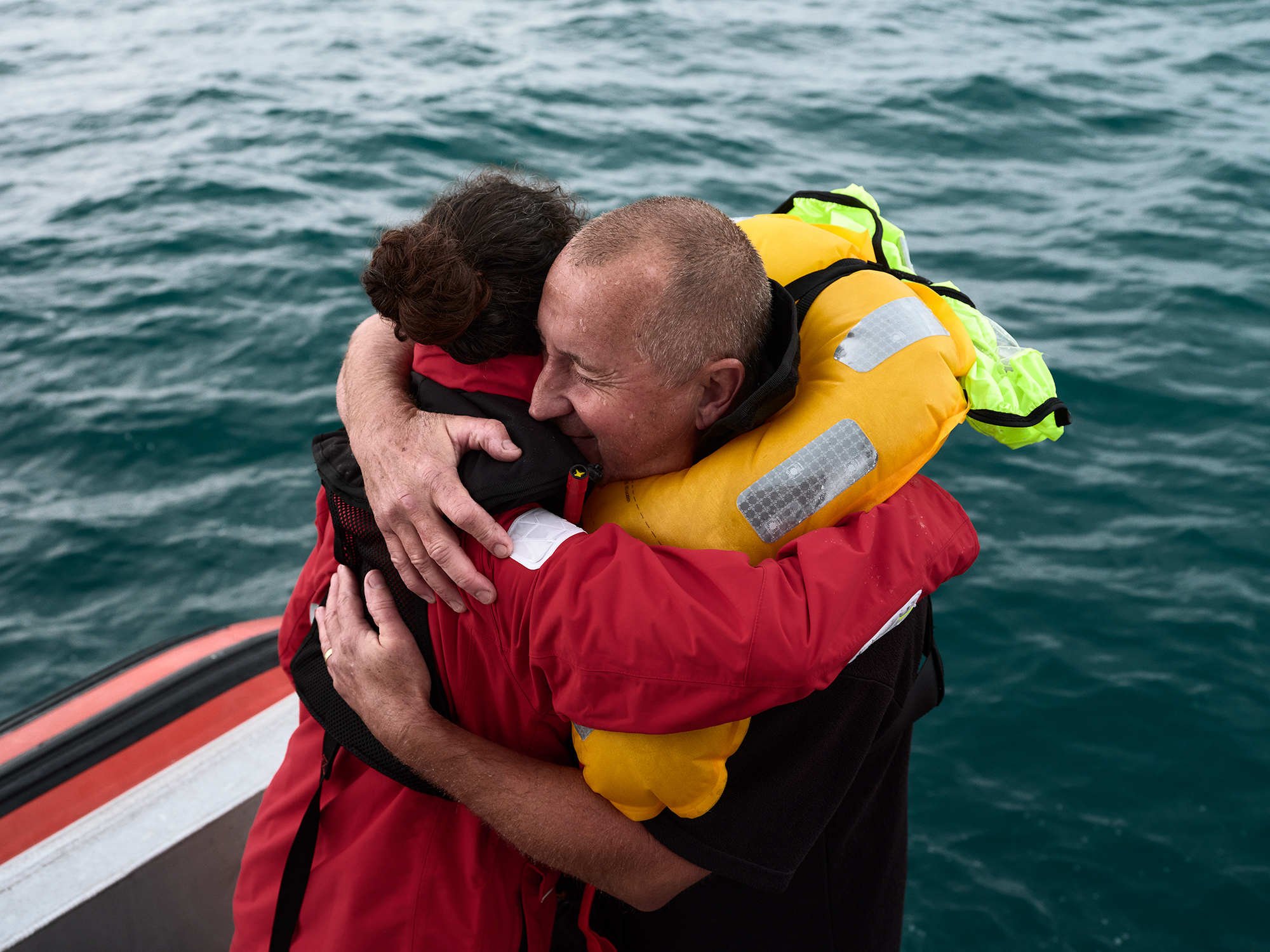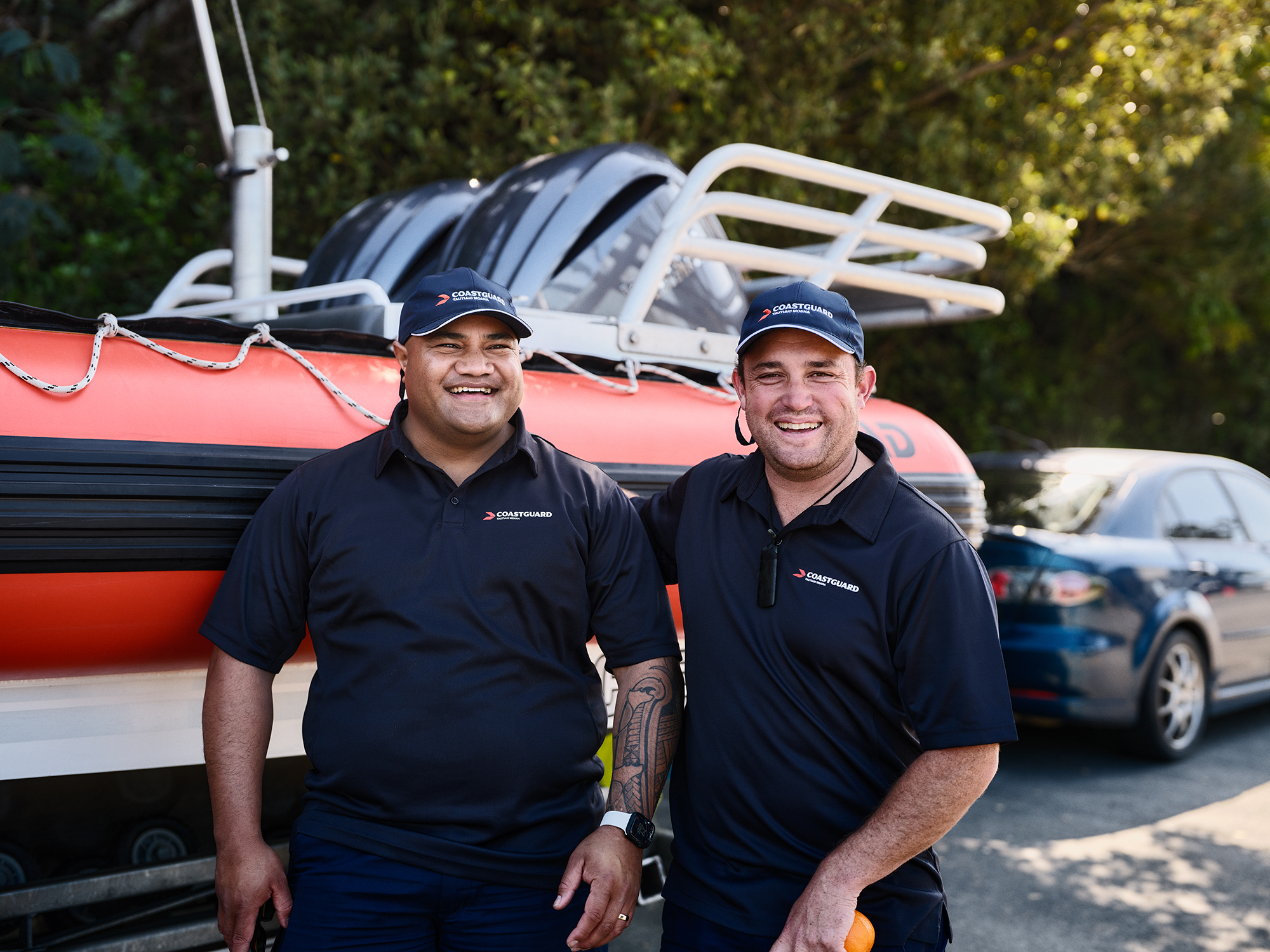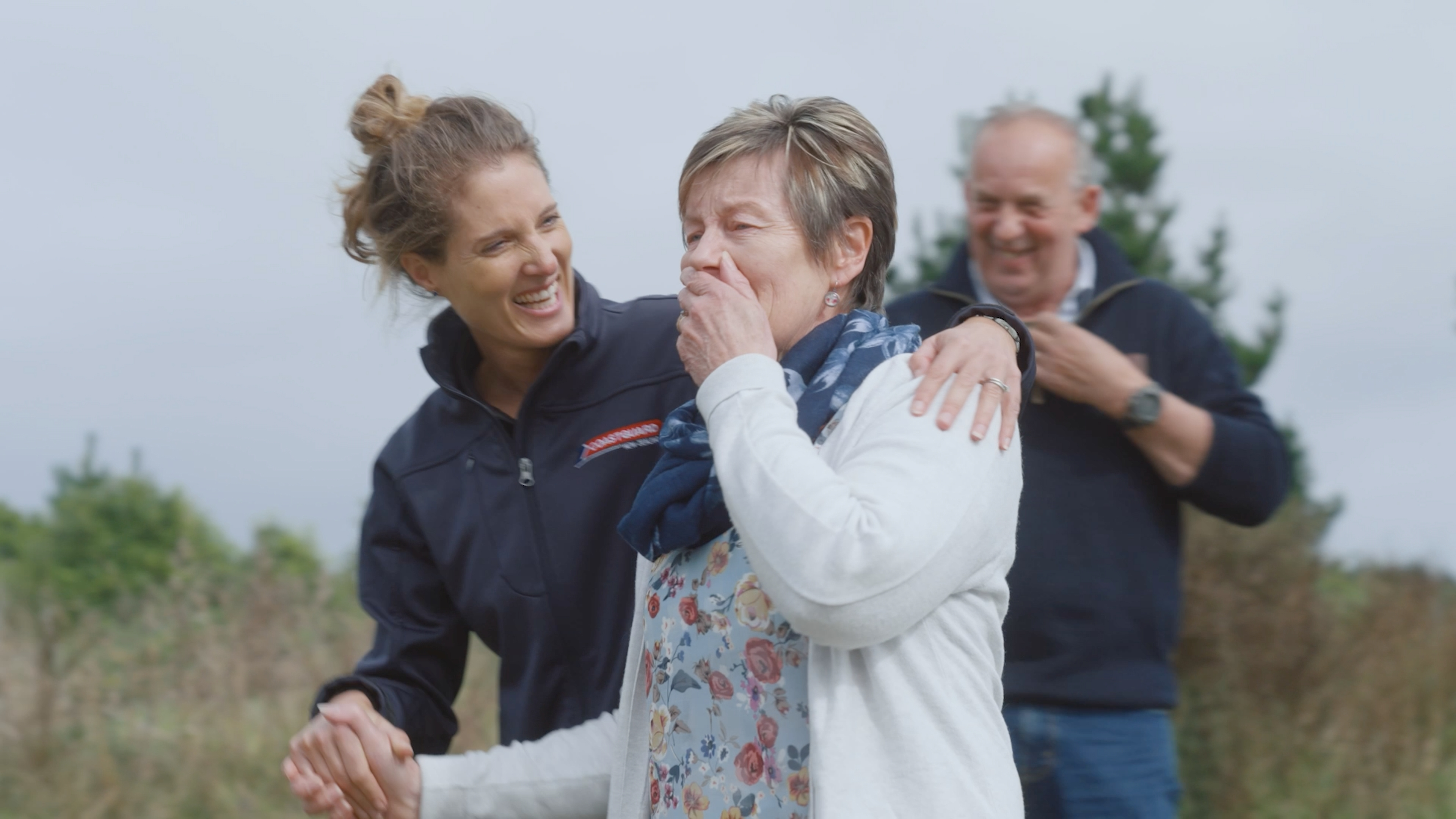Our Journey to becoming Coastguard Tautiaki Moana
As an organisation committed to saving lives on the water, we know the importance of playing our part to prevent drownings and encourage safe boating to help keep Kiwis safe when they’re out enjoying our beautiful oceans, lakes, and rivers.
But there is always room for improvement.
As a water-loving nation and with over 2 million boaties out there, we want everyone, no matter who they are, where they’re from, or their watercraft of choice, to know we’ve got your back out there. We're the people you can turn to whenever you need help.
Whether it's sharing all we know through our education programmes, giving you a tow home or coming to your rescue, we're here for boaties – whatever their waka.
Our new look and feel is designed to do just that. It’s more approachable, friendly, more relevant to all New Zealanders, regardless of their background or experience on the water. In short, it’s closer to who we are today – not an enforcement agency guarding the coastline or checking the size of your catch, but a hard-working crew of professionally trained volunteers enabled by staff, who are simply here to help every single boating, fishing, foiling, kayaking, paddle boarding Kiwi. 24/7, 365 days a year, no matter the weather.
Embracing our ingoa (name), Tautiaki Moana, is an important step in our evolution. We’ve used it for a few years, but now it’s become a visual part of our great Kiwi organisation. You'll soon start to see it on the sides of our rescue vessels, planes, vehicles, at bases and, well - everywhere. It establishes a stronger cultural link, underscoring the wider community work we do to keep more New Zealanders safe, whatever their waka.
Being a charity, we value every single dollar, so both our new name and refreshed new look will gradually roll out in a cost-effective and financially responsible manner. Don’t be surprised to see both our old and new look co-existing together in a hybrid state for a while yet.
Change is good, but it will also take time. We’re doing what we’ve always done, just better. Better for New Zealanders, better for boaties – whatever their waka.
Through our search and rescue service, education and community engagement programmes, we will continue to be there side by side with you. We remain focused on reducing the number of drowning fatalities and being there for all boaties in times of need.



